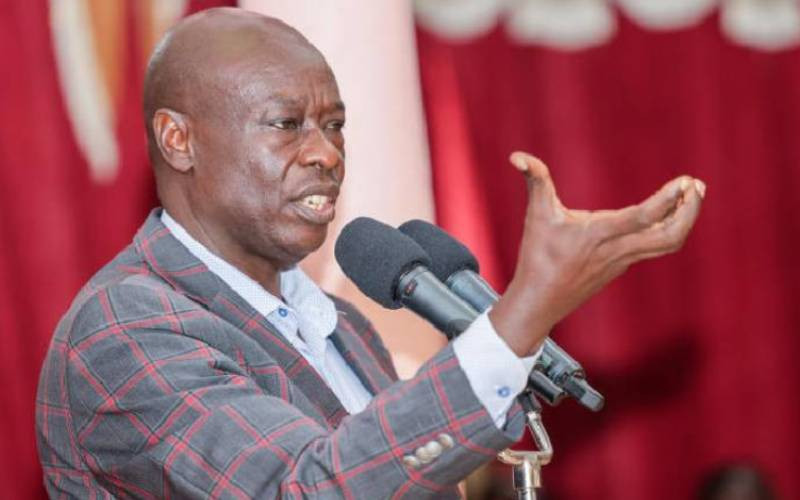Former Deputy President Rigathi Gachagua has criticised President William Ruto over his remarks on the upbringing of children.
Gachagua, speaking at a church service in Dandora, Embakasi North Constituency, Nairobi, on Sunday, January 12, accused Ruto of overlooking the influence of his allies' abusive language on children.
Gachagua's statement follows Ruto's call for parents to embrace their parental responsibilities.
Ruto said that most parents wait for the government to take care of their children, neglecting their duties.
"While you criticise us for not raising our children properly before you take the speck out of our eye, remove the log on your own," Gachagua said.
"The leaders around you use abusive language and are teaching it to our children."
He added that while Ruto has blamed parents for failing to raise their children well, those around him were setting a bad example.
"You are the president, and I am telling you, leave the speck," Gachagua noted.
"You hang around those who teach our children bad words, and that is how they learn."
Gachagua also acknowledged parents' responsibility in improving how they raise their children but insisted that the behaviour of the people close to the president should also be addressed. By David Njaaga, The Standard






